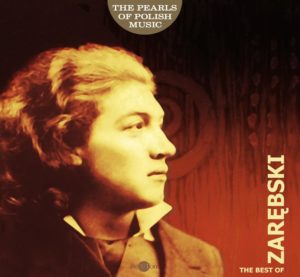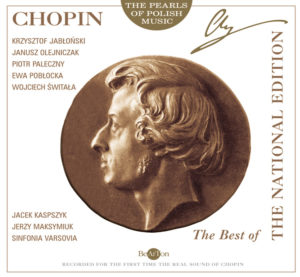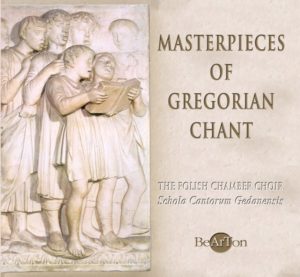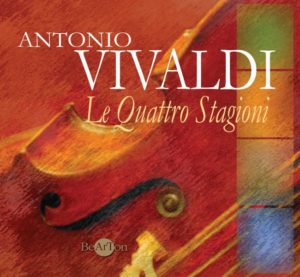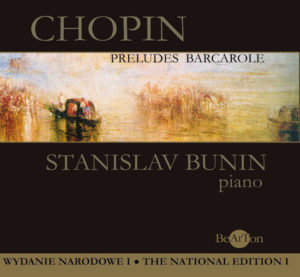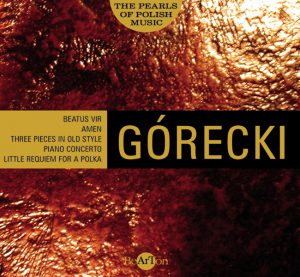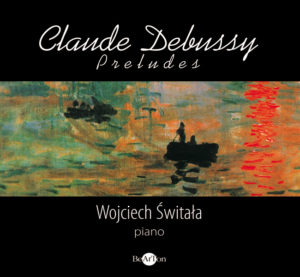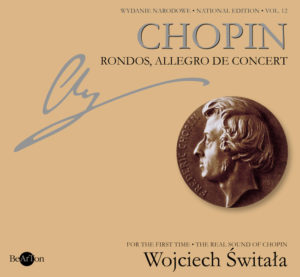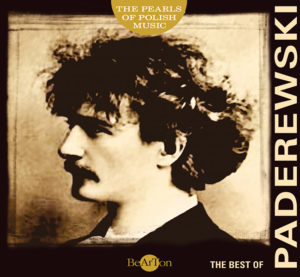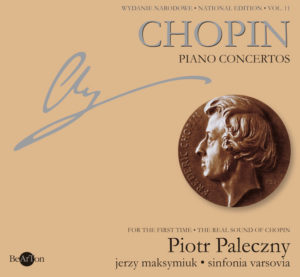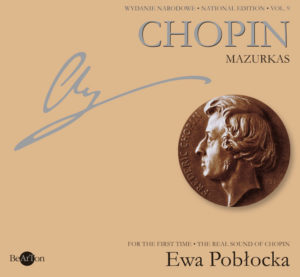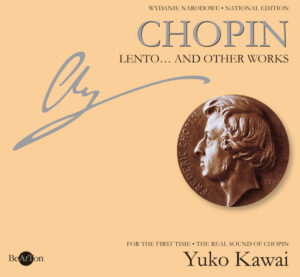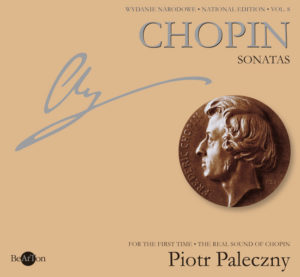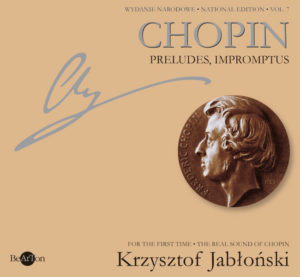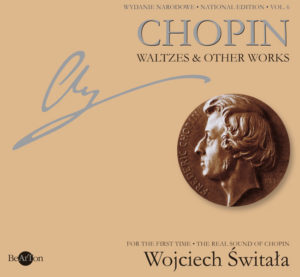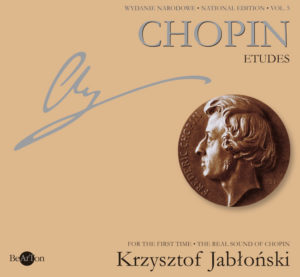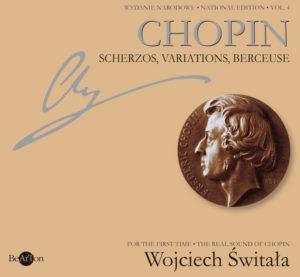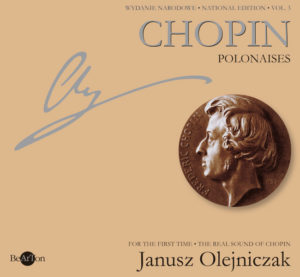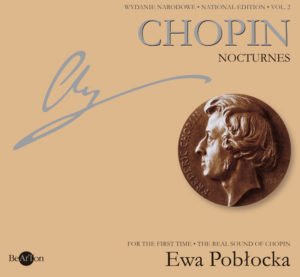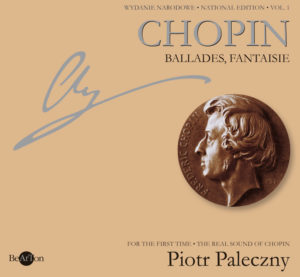Chopin – Lento and other works
Chopin – Lento and other works
Cat. No. CDB011
Music disc: CD-AUDIO
Performer:
Yuko Kawai – piano
CD content:
- Lento con gran espressione in C sharp minor WN 37 (former version) – 3’38”
- Ballad in G minor op.23 – 8’47”
- Nocturne in E flat major op.9 No. 2 (wersja z wariantami) – 4’08”
Etudes
- in C major op.10 No. 1 – 1’59”
- in E major op.10 No. 3 – 3’22”
- in C minor op.25 No. 12 – 2’41
- Waltz in C sharp minor op.64 No.2 – 3’28”
- Mazurka in F minor WN 65 – 3’10”
Sonate in B minor op.58
- Allegro – 8’28”
- Scherzo – 2’36”
- Largo – 8’24”
- Finale – 5’11”
- Lento con gran espressione cis-moll WN 37 (earlier version) – 3’29”
Total time – 60’05”
Prizes:
Listen a part
42.99złRead more
© ℗ 1999 Bearton
Lento… and other works
This album contains a collection of some well-known and important works by Frederic Chopin selected by the Japanese pianist Yuko Kawai. The range of presented music forms, which include a lyrical miniature, dance stylizations, etudes, a ballade and the masterpiece Sonata in B Minor, substantially characterize Chopin’s output. The material recorded here distinguishes the National Edition from all other editions; its peculiar character deserves some more attention.
Let us first explain the meaning of the letters WN added to the titles Lento and Mazurka in F Minor. The works of unquestionable authorship published after Chopin’s death were arranged chronologically in the National Edition, in the same manner as those marked with opuses. They were given parallel numbers, from WN 1 to WN 65 (WN stands for Wydanie Narodowe, meaning ‘the National Edition’ in Polish). Previously, posthumous works were numbered as a continuation of Chopin’s numbering, which wrongly suggested that posthumous opuses related to works written in the last years of the composer’s life.
The material recorded in this album opens with the earlier version of Lento and closes with the later version of Lento, which form a kind of frame. Although called a nocturne, Lento is only to some extent a nocturne. The nocturnal texture and character constitute but a framework of this sixty-five-stave miniature piece, while the middle part consists of four modified self-quotations from two works: the Piano Concert in F Minor and the song Wish (Życzenie), combined together. Dedicated to the composer’s sister Ludwika, Lento was revised several years later and along with other works enclosed in the album Maria it was sent to Maria Wodzińska.
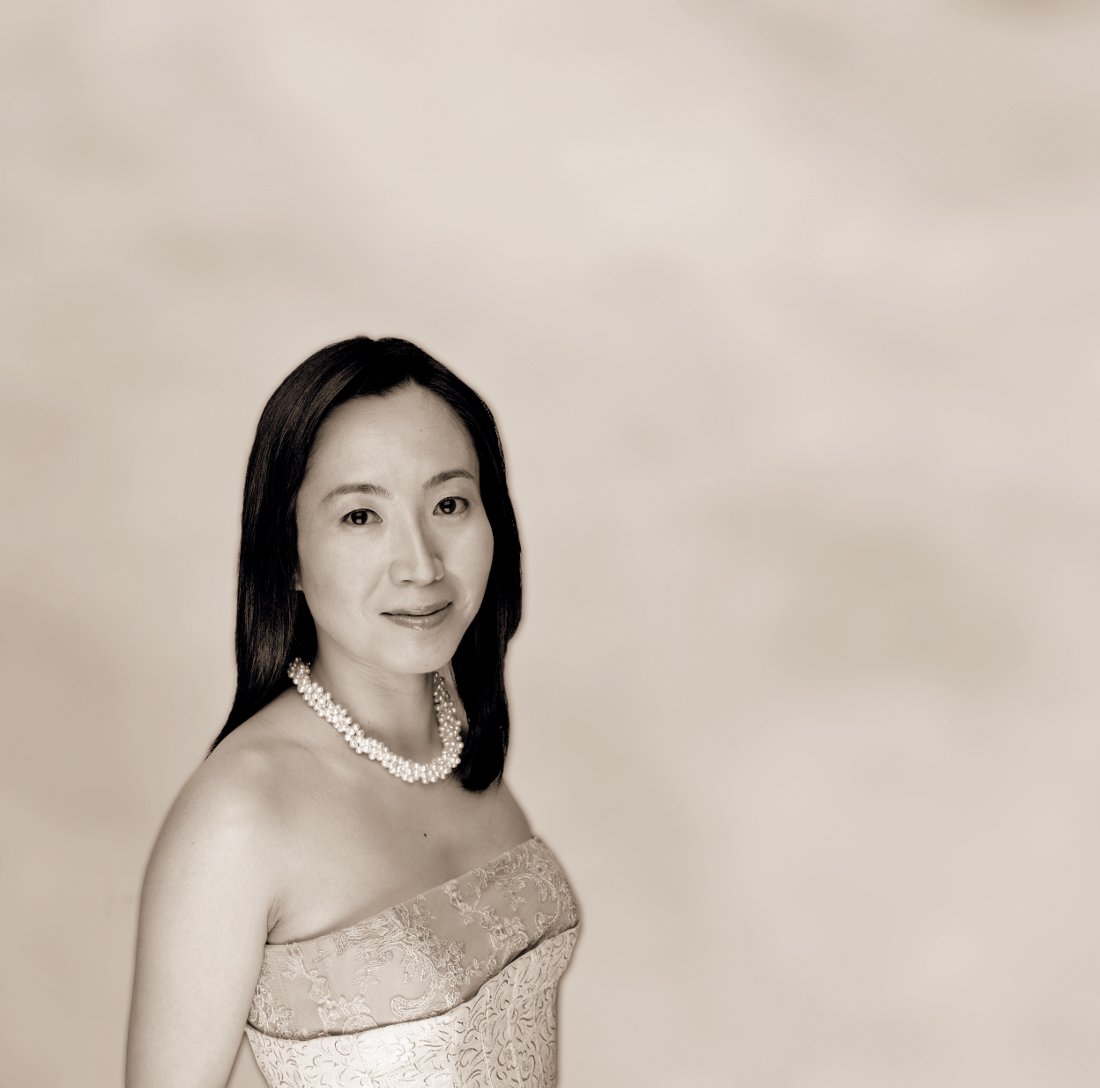
Yuko Kawai
The case of Lento demonstrates an essential feature of Chopin’s creation process: his endless inconsistency in trying to achieve perfection, his constant wish to polish up and the difficulty in grasping the final moment. So far, only the National Edition has managed to emphasise this feature of Chopin’s creative work, by offering a version, modification, or variant possible to perform. Differences between variants may be considerable, as it is shown by comparing the Nocturne in E Flat Major, Op. 9 with its version with variants, recorded in the album.
There is one peculiar work here, namely Mazurka in F Minor, the last composition by Chopin, written down in the form of a hardly legible draft during last months of the deadly ill composer’s life. However interesting, the description of the attempts to reconstruct this work remains outside the limits of this brief text. Nevertheless, the comparing of that last effort to compose with the final effect recorded in this album gives an idea of the methods of reconstruction employed in preparing the National Edition. They allowed to bring the most impressive Chopin’s piece back to life. In his biography of Chopin, Franz Liszt quotes him saying that he would never free himself from the emotion his heart is based on and that no other language has an equivalent of the Polish word żal (which, being characteristic solely to the Polish mentality, is a blend of sadness, nostalgia and grief)…The farewell Mazurka in F Minor most fully expresses this feeling of the composer.
Marek Wieroński


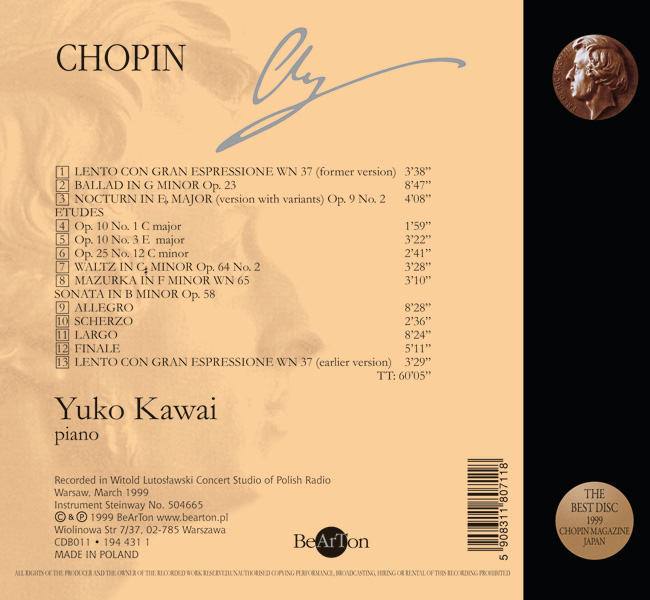


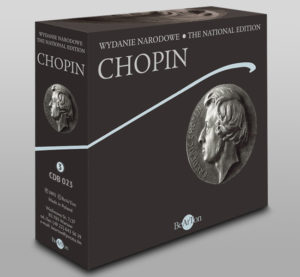
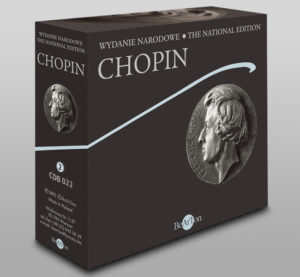
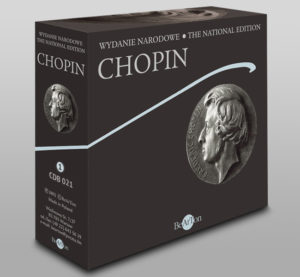
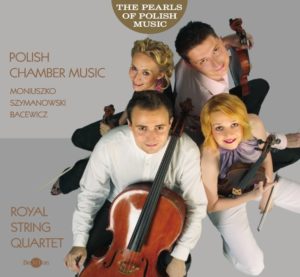
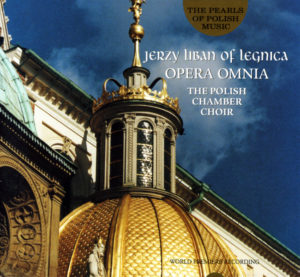
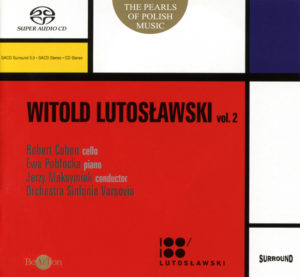
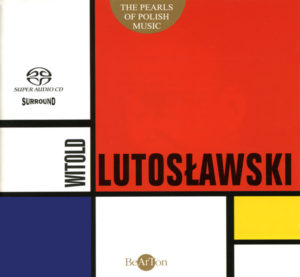
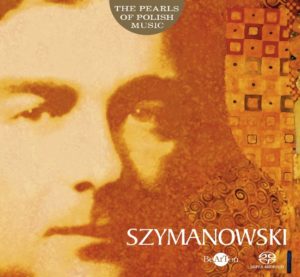
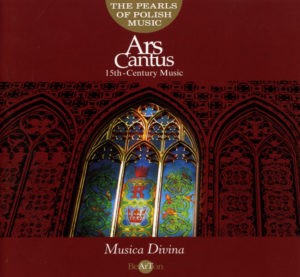
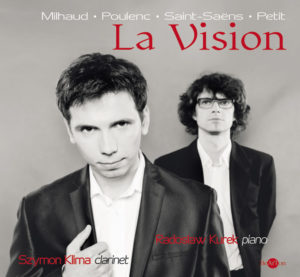
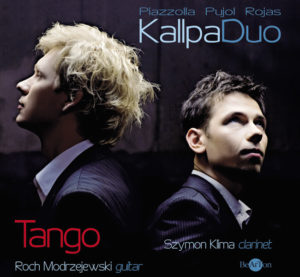
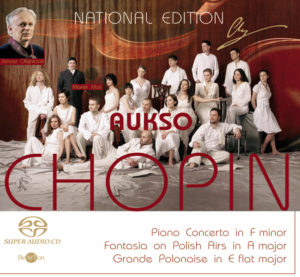
![Chopin – Walce [B] i inne utwory CDB047](https://www.bearton.pl/wp-content/uploads/Chopin-Walce-B-i-inne-utwory-CDB047-A-300x277.jpg)
![Chopin – Pieśni [B] CDB046](https://www.bearton.pl/wp-content/uploads/Chopin-Piesni-CDB046-A-300x277.jpg)
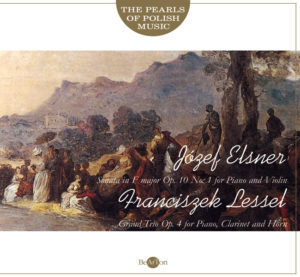

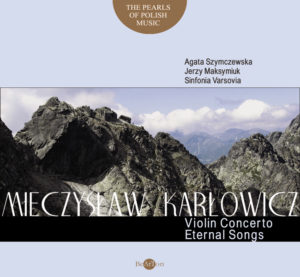
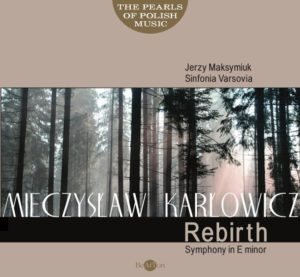
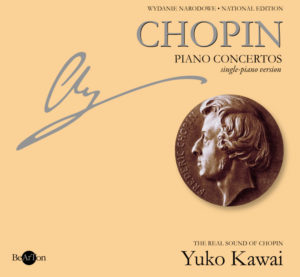
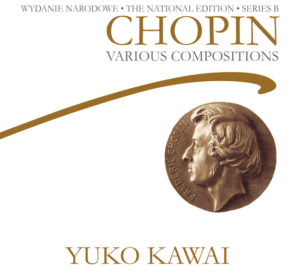
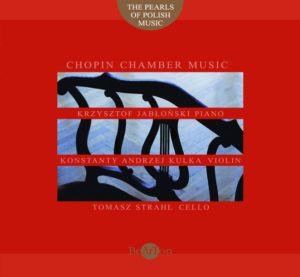
![Chopin - Mazurki i inne utwory [B] CDB038](https://www.bearton.pl/wp-content/uploads/Chopin-Mazurki-i-inne-utwory-B-CDB038-A-300x277.jpg)
![Chopin – Polonezy [B] CDB037](https://www.bearton.pl/wp-content/uploads/Chopin-Polonezy-B-CDB037-A-300x277.jpg)
